#thinkers
Text
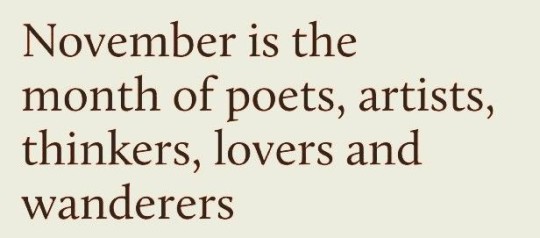
#aesthetic#vintage#dark academia#quotes of the day#quotes#life quotes#quotes dark academia#dark academia aesthetic#november#poets#lovers#artists#thinkers#digital diary
11K notes
·
View notes
Text
does anyone know when it stops feeling like this
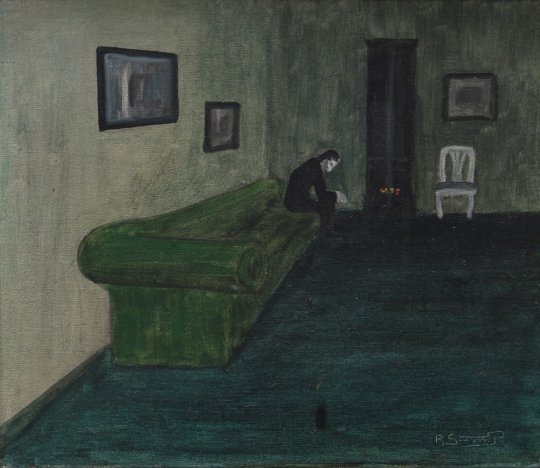

#desiblr#desi tumblr#desi aesthetic#just realized#random thoughts#my thougts#poets on tumblr#thinkers#is it just me
95 notes
·
View notes
Text
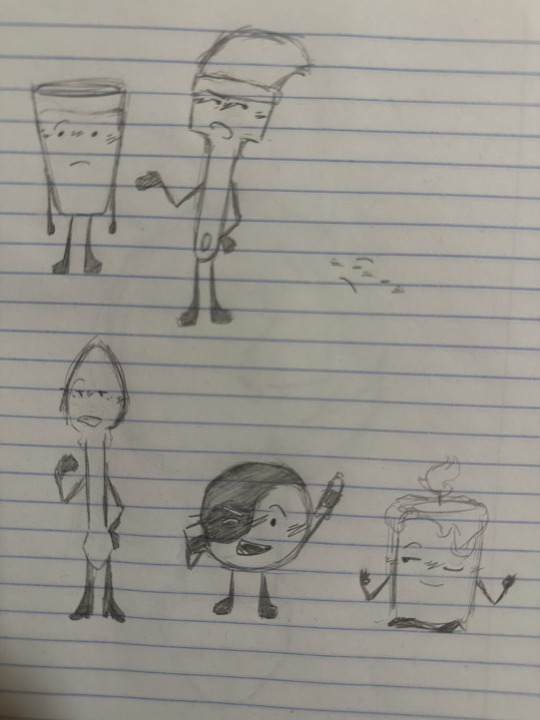

i heart og thinkers
also only one candle drawing because i cannot for the life of me draw candle
#ii#inanimate insanity#thinkers#ii thinkers#ii paintbrush#ii floory#ii the floor#ii silver spoon#ii yinyang#ii candle#ii oj#inanimate insanity invitational#fuck you *furrys your floor*#(its grass)
28 notes
·
View notes
Text

#mental health#secret wars#win#the war#inner war#inner peace#quiet#empowerment#self care#self love#inspiration#motivation#love it#positive reinforcement#your not alone#thinkers#reach out#except love#support#we all need support#love#kindness#hugs#feel good#good vibes#positive vibes#namaste#life lessons#lgbtq#pride
32 notes
·
View notes
Photo
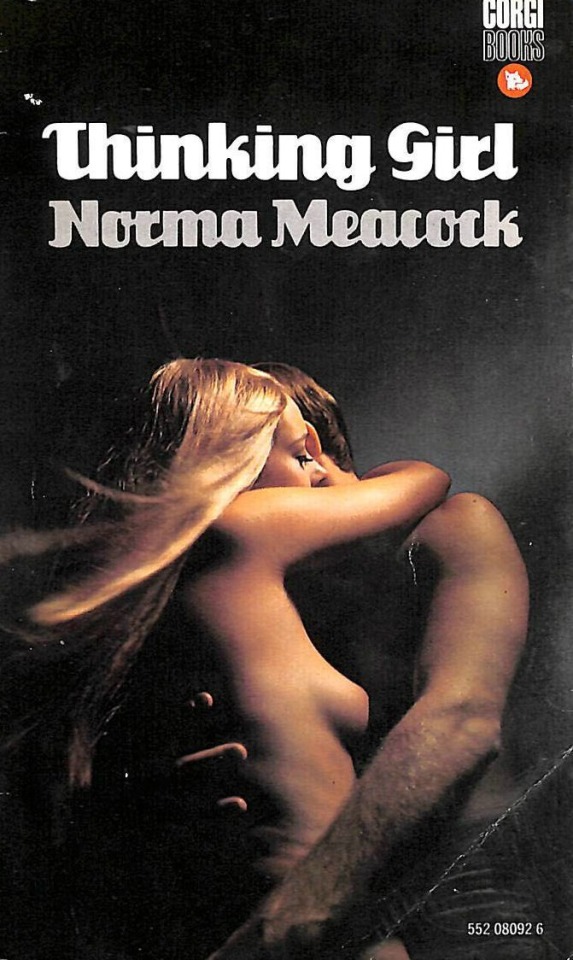
Norma Meacock - Thinking Girl - Corgi - 1969
26 notes
·
View notes
Text

Light Art Space
#Light Art Space#LAS#arts organisation#present#future imaginaries#tomorrow#possibilities#artists#thinkers#institutions#programme#visit#eye#explore#typography#type#typeface#font#ABC Diatype#Mono#OSGrotesktype#2024#Week 03#website#web design#inspire#inspiration#happywebdesign
6 notes
·
View notes
Quote
I feel the most affinity with Marriott’s writing when it illuminates blackness as a structural position, as an ontology rather than an identity or sociological experience, though the latter is usually what we mean when we say “race.” Too often our work is singularly focused on individual experience or relies on a Cartesian form of consciousness. Such work focuses on black people’s identities or stops at what black folks say about their experience without interrogating the conditions that make such speech possible and without interrogating the limits of consciousness itself. I worry that in this work, history and structure disappear. It is my view that the lives of black people of all genders are structured in the context of antiblack existential negation, but it is rare to have our position as shattered subjects theorized and even rarer for it to be theorized with deep attentiveness to gender and sexuality — as Marriott does. His scholarship speaks to the existential paradox of blackness, what I refer to as “existential negation” in this essay —namely, to have subjectivity while one’s subjecthood is constantly negated, one’s voice made inaudible by cultural fantasy, and one’s ego assailed by an Other that is inseparable from the self.[3] Marriott is known as an elegant theorist of psychoanalysis and culture. But I have been most struck by the ethics of his writing — in particular, by its ability to bring into focus the world’s collective disavowal of the violence subtending the production of blackness. This collective disavowal exists despite or because of the centrality of antiblackness for the production of the world’s sociality. The imagistic quality of the prose is the stuff of nightmares: the dread- inspiring quality of the unconscious life of race, a nightmarish vision of black men that has been imposed across the color line.
Zakiyyah Iman Jackson - Waking Nightmares—on David Marriott. [GLQ 1 June 2011; 17 (2-3): 357–363]
#zakiyyah iman jackson#david marriott#thinkers#intellectuals#theory#afropessimism#anti-blackness#subjectivity#othering#negation#psychoanalysis#blackness#existentialism
27 notes
·
View notes
Text

#inspo#inspiration#inspirational#quotes#inspirational quotes#positivity#positive#dolls#ideas#thinkers#alpha sigma grindset#positive affirmations#affirmations#live laugh love#positive thoughts#weirdcore#unreality#chaoscore#uninspiration
21 notes
·
View notes
Text
#poll#polls#philosophers#thinkers#dramatic bitches#drama queens#writers#depressed artists#vincent van gogh#franz kafka#charles bukowski#friedrich nietzsche#plato#ernest hemingway#michel foucault#adam smith#immanuel kant#or was it cunt?#niccolo machiavelli#sad wet man#poor little meow meow
25 notes
·
View notes
Text

It all starts and ends at the exact same place
#photography#black white#light#love#bar#kroeg#cheers#proost#philosophers#thinkers#black white photography#mobile photography
2 notes
·
View notes
Text
The dangers of being "understood."

Bertrand Russell, polymath.
A famous quote of Russell's states, "A stupid man's report of what a clever man said is never accurate, because he unconsciously translates what he hears into something that he can understand."
And it's a quote that's still relevant in its inference that there's many a clever man or woman who'd sooner not be read or understood, than have their words "interpreted" and purpose fitted by idiots to suit unclever agendas.
7 notes
·
View notes
Text
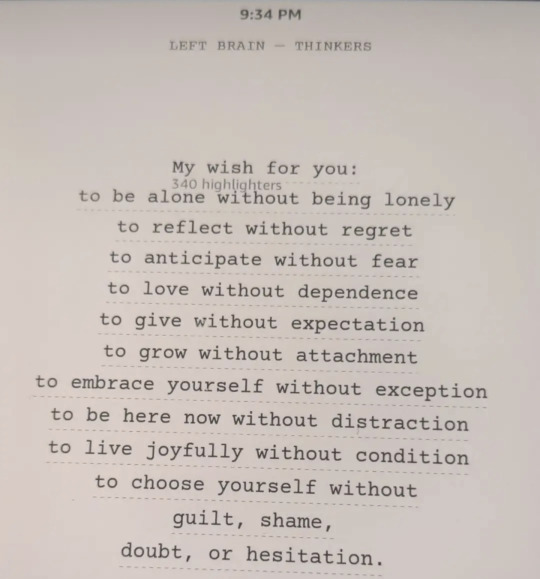
#left brain#thinkers#growth#anxious attachment#quotes#expectations#regret#self reflecting#perspective#deep#intense
6 notes
·
View notes
Text
Do you think thinker types are really able to feel as deeply as feeler types, even in romantic relationships? I know a lot of MBTI resources talk about the difference in expression of emotions - e.g. thinker types not finding it as easy to express their feelings. But what I'm curious about is.....are there differences in the actual depth of emotions a thinker vs a feeler type can feel? This is getting into controversial territory, but is a thinker type capable of the same depth of love, for example?
I think yes, but not in the sense of them always being 'aware' of it. I've heard from a lot of thinking types (especially ITPs) that it "seems" like other people have "louder" emotions than they do; but I also think thinkers at times are 'out of touch' with how intense their emotions are. My grandmother died in a car accident, and it DEVASTATED my INTP grandfather. He wasn't good with talking about his feelings and did not know how to process her death the way a feeler would -- but he mourned her every day for the next ten years of his life, until the hour he died. He pasted up photos of her on every wall, as a constant way to keep her 'in the same house' even though she was gone. He could not talk about her or mention her name without tearing up. No one knew it beforehand, but it was obvious after she was gone that she was his LIFE. He may not have been aware of how much he 'felt' for her, but he certainly felt deeply and was torn apart when he lost her. I've also watched my INTP brother struggle enormously with coping with the loss of his beloved pets. He is much slower to move on than other types, because he doesn't know how to process it, what is okay, what he is feeling, etc., but he feels just as much love for that animal as a feeler would. From my feeler perspective, he seems more 'distant' and 'detached' but I can still see the love, the affection, and the pain of separation and loss.
55 notes
·
View notes
Text
I didn't wanna be born in today's world, where trending professions are engineers, doctors, and lawyers. I wanted to be alive in the times when the trending profession was thinkers.
10 notes
·
View notes
Text

“It is not always easy to diagnose. The simplest form of stupidity - the mumbling, nose-picking, stolid incomprehension - can be detected by anyone. But the stupidity which disguises itself as thought, and which talks so glibly and eloquently, indeed never stops talking, in every walk of life is not so easy to identify, because it marches under a formidable name, which few dare attack. It is called Popular Opinion.” —Robertson Davies
Midnight In The Tropics by Joao Ruas
#midnight in the tropics#joao ruas#robertson davies#quotes#surreal art#dark surreal#ophelia net#stupidity#ignorance#popular opinion#society#culture#thought#intellectually gifted#thinkers#philosophy#psychology#awareness#dark art#surreal#bizarre#strange#painting#groupthink#pretence#cool art
59 notes
·
View notes
